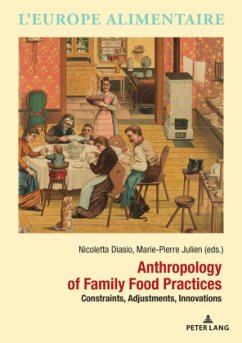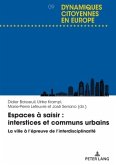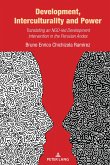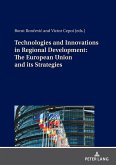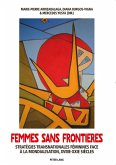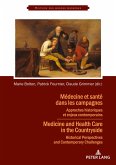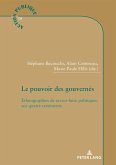What are the factors that govern our food choices at the beginning of the 21st century? Obvious answers to this question would point to social and cultural habits, but the issue is far more complex than this. Changes in national and international economies, the end of political regimes, migration, but also micro-events such as retirement, the birth of a child, varying school times and seasons, or innovations in industrial design, these are all potential factors that may generate a transformation of family eating habits. The meso- and micro-social levels are deeply intertwined in everyday life, and this book focuses on the connections between the two levels and on how they merge and overlap in the creation of new eating habits. In this book the reader will find scholars who analyse how families and households experiment, circumvent and appropriate technical, political, and social modifications in their family food situations, and how they create freedom and innovation under constraint. Grounded in strong ethnographic field research in several countries (Belgium, France, Italy, Norway, Romania, South-Africa), this book is also a contribution to the use of qualitative methods within the domestic space. It will be a welcome source of information for researchers and students in the fields of anthropology and sociology, for industrial designers and for any reader interested in studying social changes from the perspective of food practices.
Bitte wählen Sie Ihr Anliegen aus.
Rechnungen
Retourenschein anfordern
Bestellstatus
Storno

